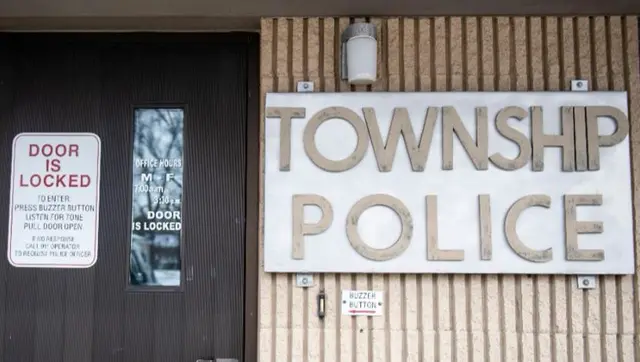South Korea on Tuesday spurned the Democratic People's Republic of Korea (DPRK)'s call for a joint probe into spy drones after Seoul's investigation team tentatively concluded that those were flown by Pyongyang for the reconnaissance purpose.
Defense Ministry spokesman Kim Min-seok told a press briefing that the DPRK's proposal for a joint investigation was unworthy of considerations as the offer was a "mean psychological tactic" to divide public opinions in South Korea.
Kim said the DPRK showed such audacity to propose a joint investigation into the Cheonan warship sinking case.
His comments came a day after the DPRK's National Defense Commission announced a statement to refute the South Korean military's probe result and suggest the joint investigation.
The statement, carried by the DPRK's official KCNA news agency, said the probe result was"neither scientific nor realistic," noting it was the same fabrication as the Cheonan warship case.
On March 26, 2010, the South Korean Navy corvette Cheonan sank in waters near the western maritime border in what a Seoul-led multinational investigation team claimed was a torpedo attack by Pyongyang.
The DPRK has repeatedly denied its involvement in the incident, in which 46 South Korean sailors aboard were killed. Pyongyang has proposed to dispatch its own experts to verify the investigation result.
Last Friday, the South Korean military unveiled a preliminary investigation result into the three drones discovered in areas and an island near the western and eastern inter-Korean border, saying that they were dispatched by the DPRK given various circumstantial evidences such as appearances and engine capacity.
The three drones, which were spotted in different places, had the similar color and pattern to those displayed by the DPRK during the military parade in April 2012 and shown in March 2013 when top DPRK leader inspected a unit, according to the ministry.
The military investigation team, however, had yet to identify a "smoking gun"as it failed to probe the built-in CPU chips, which will confirm the zone of fire. The drones were believed to have flown in accordance with prearranged coordinates via the global positioning system (GPS).
The drones also proved to be comprised of parts from several countries, including South Korea, the United States, Japan, China and the Czech Republic, so more investigation should be made in cooperation with related countries, the ministry said.
The military formed a joint investigation team with experts from the United States to identify where the drones took off by delving into data of the CPU chips, flight path and photos taken.
 简体中文
简体中文

